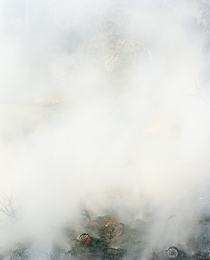
“I must repeat,” Primo Levi famously insisted, “we, the survivors, are not the true witness.” Out of this unusual claim or insight, Levi did more than his share in dedicating his life and works to a reflection on the witness, the true or complete witness, and on testimony. It should not be surprising therefore that, himself a paradigmatic figure, witness to the witnesses, Levi did not have. . .

